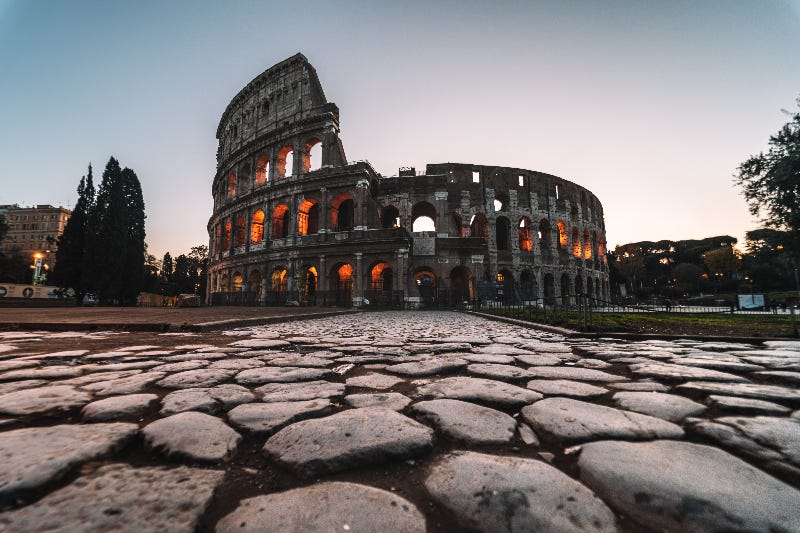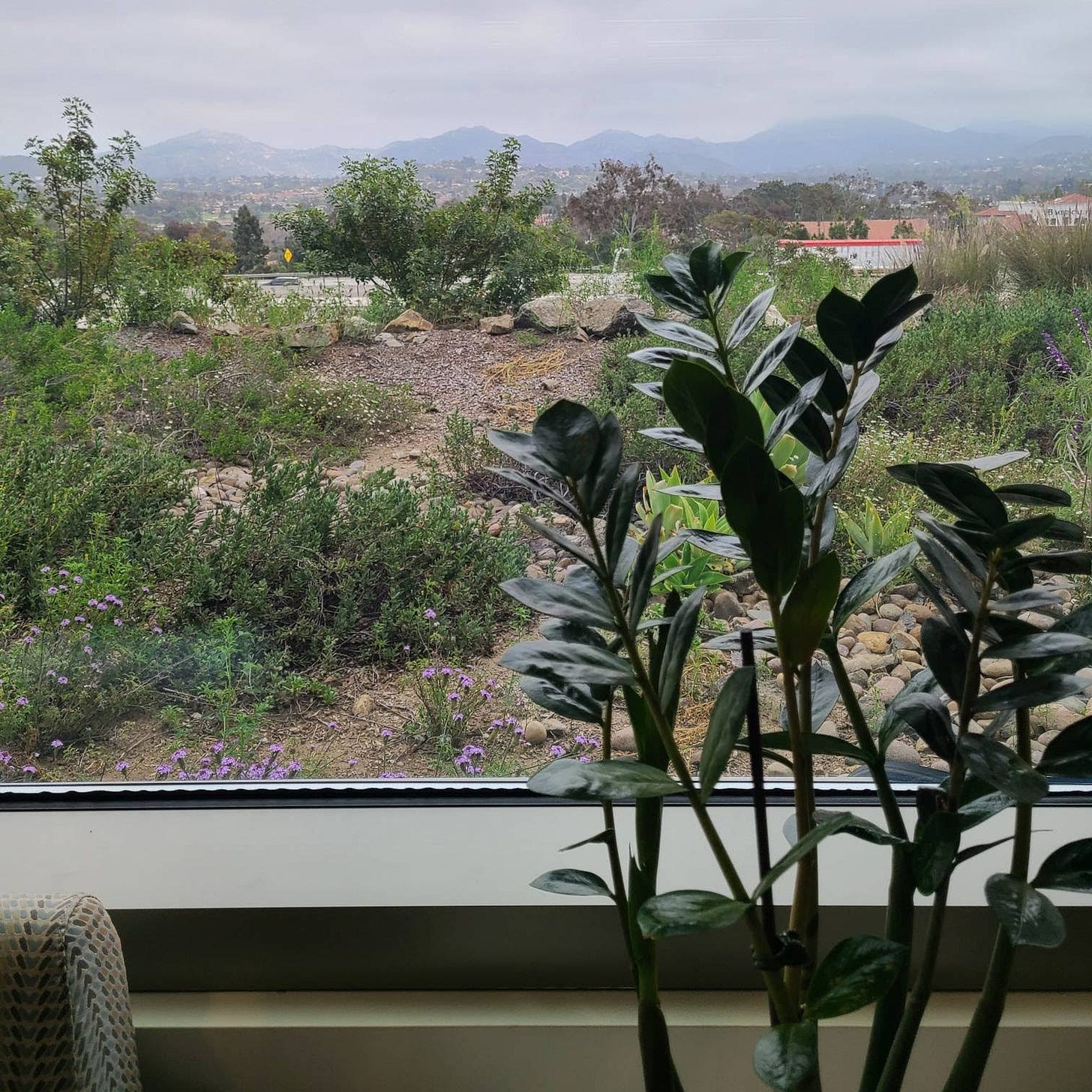The smell of the clinic's hand soap makes me feel safe. I lather my hands. I am slightly shaking, breathing slowly. I just finished a clean catch (peed in a cup) and got my blood taken for the second time this week.
Phlebotomy
That translates to nearly two hours of my life saying "no" to what I wanted to say "yes" to: working on my book proposal, connecting with people, playing with my baby, resting.
This phlebotomist was kind, almost worried that my vein was small and that I'd bruise. I did. As he paused and scanned my face, he asked if I was okay.
It was a nice change from the rude phlebotomist I had earlier this week, making me sit there in the vinyl padded chair with the weird arms an extra ten minutes after checking me in. I tried to entertain my tired baby in the stark room as the phlebotomist sullenly trudged back and forth down the hallway doing who knows what. No one was waiting. She did her job with only the barest exchange of words, looking like she'd rather be anywhere else.
I had to remind myself to assume the best of people. Maybe her cat just died.
I watched in horror as she unnecessarily filled the tube all the way to the brim. Greedy. After last summer's hemorrhaging, I still am anemic. My doctor likes me to avoid getting my blood tested when possible. Each drop makes a difference.
By my count, my blood has only been collected six or seven times this month. That is actually lower than I assumed, considering the emergency surgery I had three weeks ago. But honestly, and wonderfully, as my health improves, I usually only have to get it checked every other month. Something that used to be my lifestyle—getting my blood taken all the time—isn't anymore.
I Can’t Take All the Problems
I actually didn't come to the medical center with the nice smelling soap to get my blood tested. l came for a random out-patient procedure removing chunks of ingrown toenail that kept swelling up, puffy, red, infected and yellowing. It took me about nine months to complain, even though this annoying issue has kept me from wearing closed toed shoes. Sometimes even keeping my foot under the covers was painful.
Honestly, a severely ingrown toenail has seemed so inconsequential compared to the other medical problems over the last few years. I'm sure my friends are thinking, "You've already got the market on every other medical issue! What gives you the right to have something as basic as an ingrown toenail, too? Leave some some of the more benign things for us to complain about!"
Then, of all the things I've gone through, it seems this one shouldn't have scared me. But it did.
Maybe that was because, although not an emergency at all, it was last minute. An appointment opened up only the evening before, but I expected it would take months to look at it. My body doesn't like emergencies.
Or maybe it was because getting this mini-surgery is known for being painful. It's not like Tramadol or morphine is available. Despite my mixed feelings about opioids, I'm all for them when I'm in severe pain.
Religious Persecution
My thoughts kept flashing back to times when I'd find myself catastrophizing about torture. On the drive to my appointment, I tried not to think about how fingernails and toenails are removed--I'd seen it in movies and read about it in spy novels. Being raised among Christians who took the idea of "picking up your cross" as a literal possibility, the idea of being tortured never felt unlikely. After all, Christians are violently persecuted in other parts of the globe even now. I'm not sure if nail removal is a thing, though. I haven't seen it in that stack of kids DVDs gifted to us all about persecuted Christians throughout history. And violence doesn't necessitate torture, does it? Besides, I don't live in Ancient Rome, even if I have seen the Colosseum. Which, honestly, was somewhat uncomfortable, considering what went down there.
Despite how likely or unlikely being tortured is, through the years, I'd occasionally find myself in the night trying not to imagine my fingernails ripped off (among more terrible things). I'd wonder how much pain I could tolerate for the "name of Jesus." Is it considered religious trauma if you still believe your fears might come to pass? Or am I just being wisely mentally prepared?
Safe Soap; Safe People
Thankfully, getting my ingrown toenails taken care of didn't feel like torture. The doctor has a good sense of humor, shielded me from seeing the procedure, and after the injections, I didn't feel a thing. Well, now I do. My toe throbs.
But as I wash my hands, inhaling the scented soap, I felt safe. I felt this way washing my hands, when I had the appendectomy three weeks ago too.
It is fascinating that in the very same environments that can severely trigger me also can make me feel like everything is going to be okay. Because this is also true: My most scary, excruciating and life-threatening experiences have also been where I've been most cared for.
Despite my mixed feelings about doctors, I've watched them make executive decisions that have saved my life and my baby's life. They've caught dangerous complications. I've been ministered to by nurses, patiently wiping away my blood or sweat. They've helped me take steps when I was as wobbly as an infant. They've listened to my fears about needles, were patient when I was delirious, empathized as I panicked, and reminded me I still have strength even when it felt impossible.
And it is true that on occasion, making it to a restroom to wash my hands has been a small victory worth celebrating. But maybe it is actually the scent on my caretakers hands that positively triggers my olfactory memory.
Unanswered
Of course, this makes me want to go down other paths of exploration I often wonder about:
Do I depend on healthcare providers more than God? Why do dialects work? How is it that I can be more comfortable being sick than being well? Even feeling scared of being responsible and well sometimes? When did those realities flip? How can I live like my default is being healthy when so frequently I still get hijacked with sickness? Is that what makes me feel anxious and depressed, like the dogs in that experiment on learned helplessness?
Gratefully, I can accept there don’t always need to be answers to my questions and I’m not alone as I hold them. In the meantime I can wash my hands and I’ll know it will be okay.
Read House of Life, Washing Hands, Do Your Job Well, or the Mini Series for more of the story.







